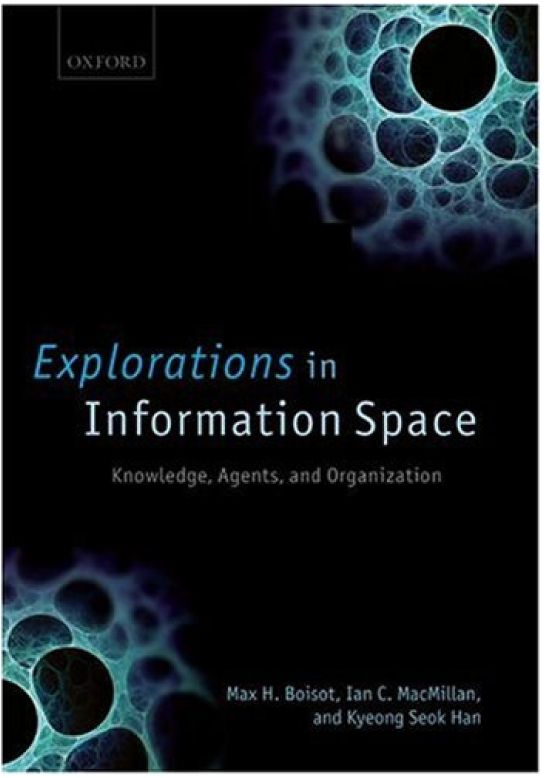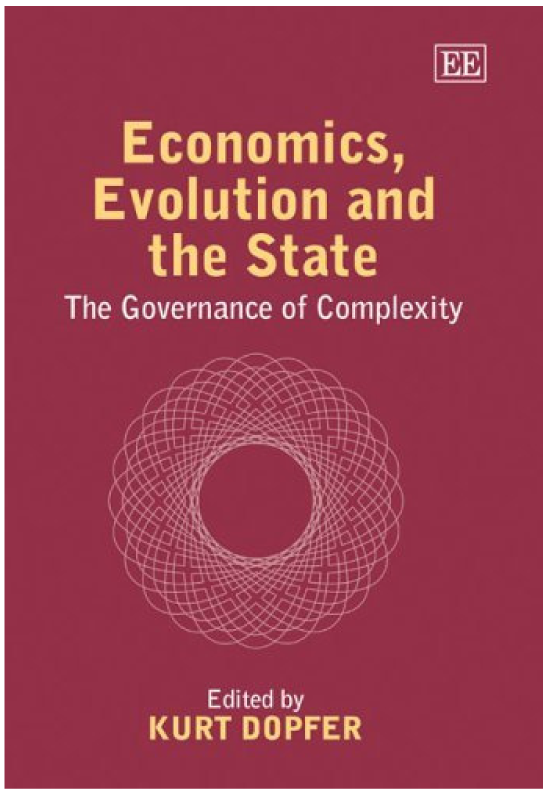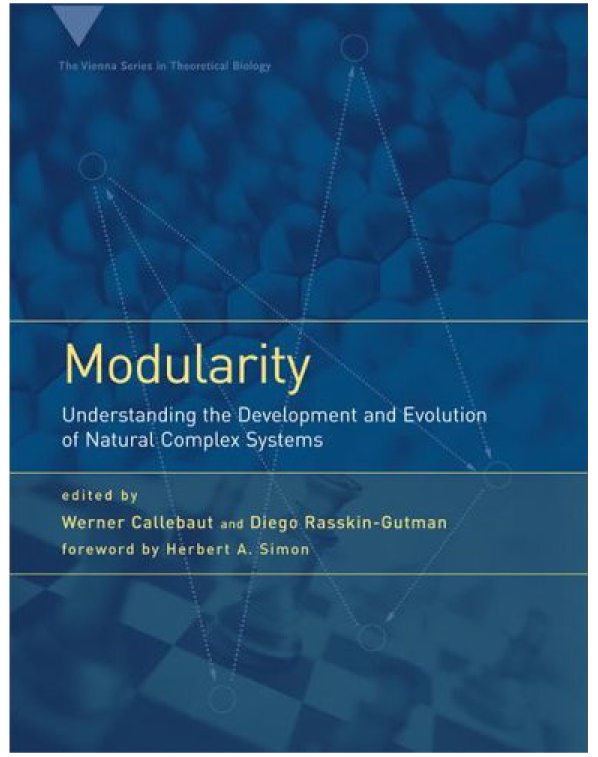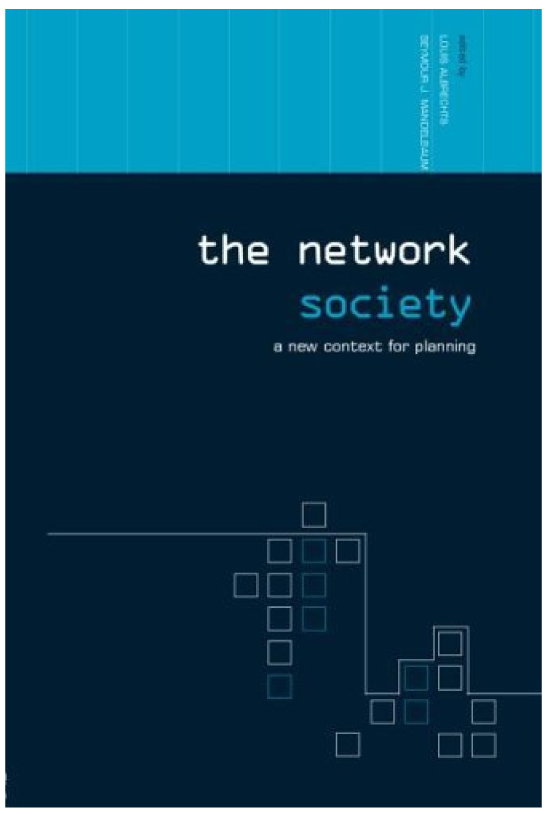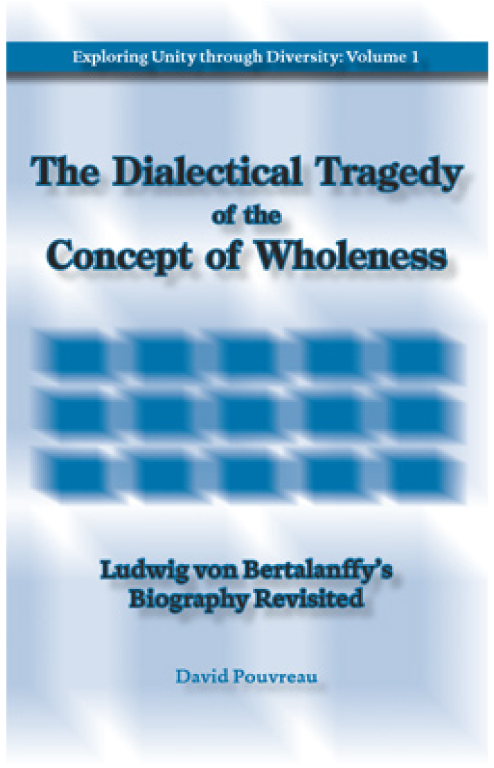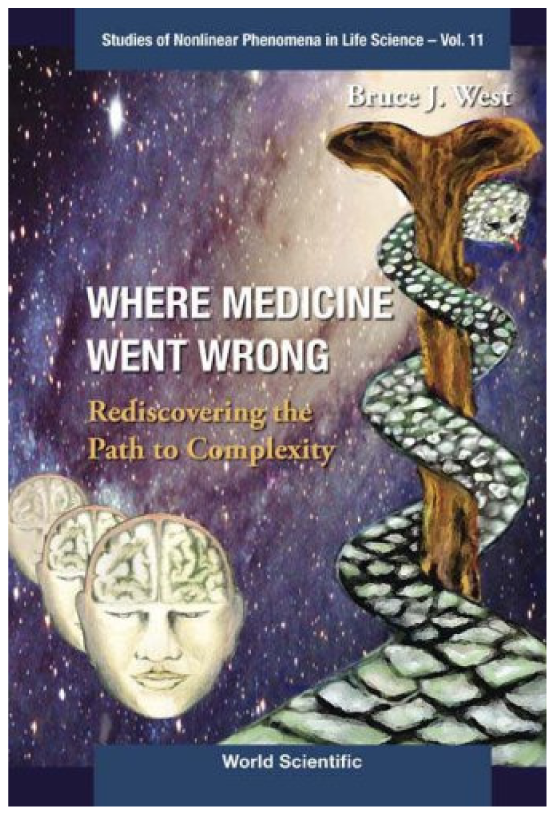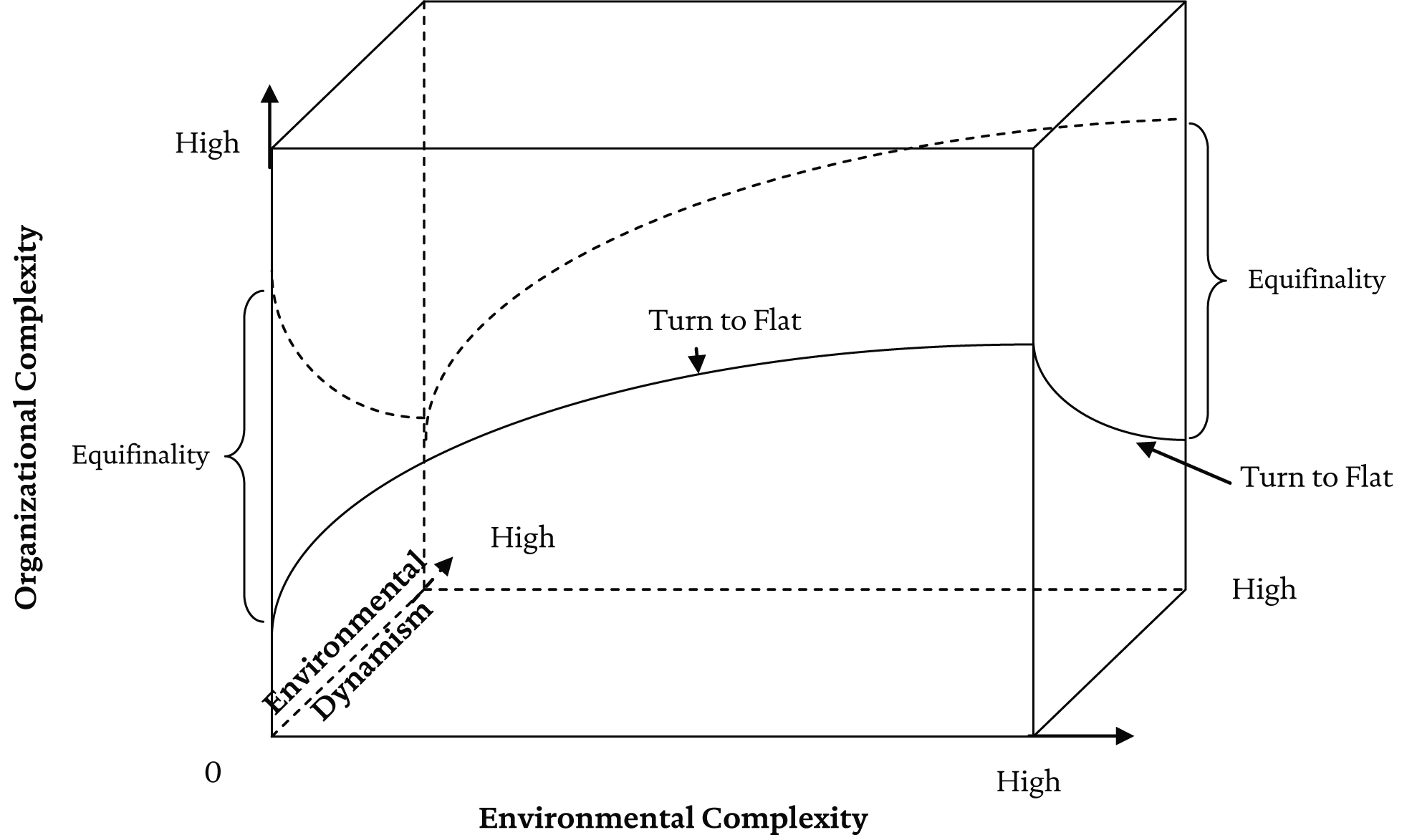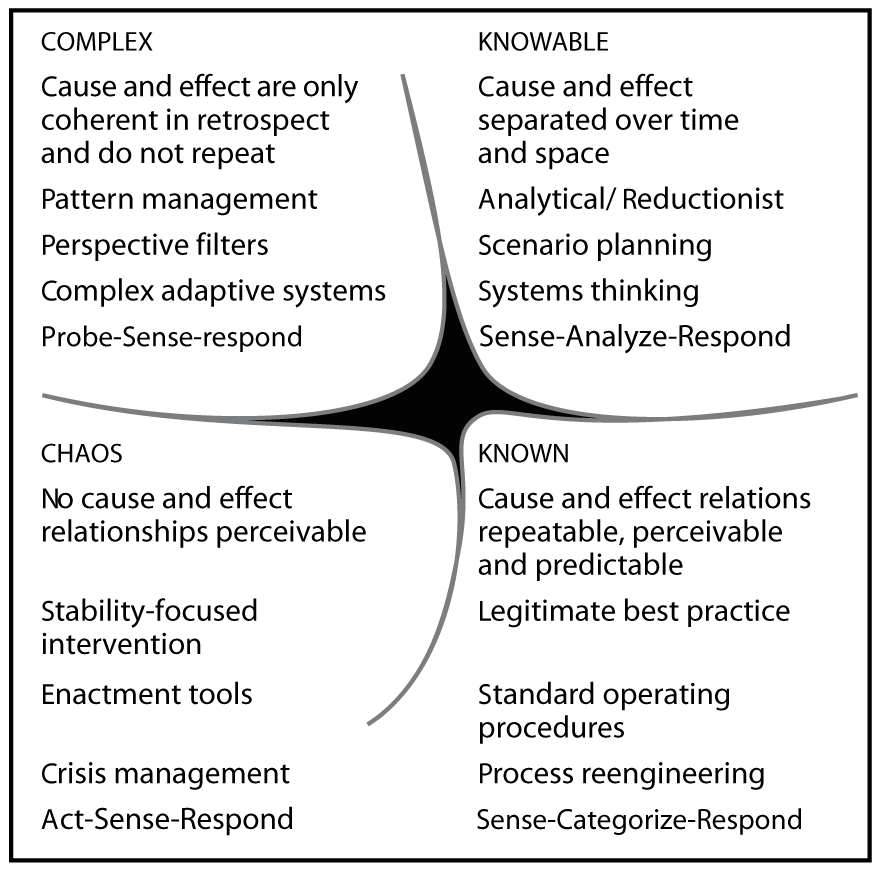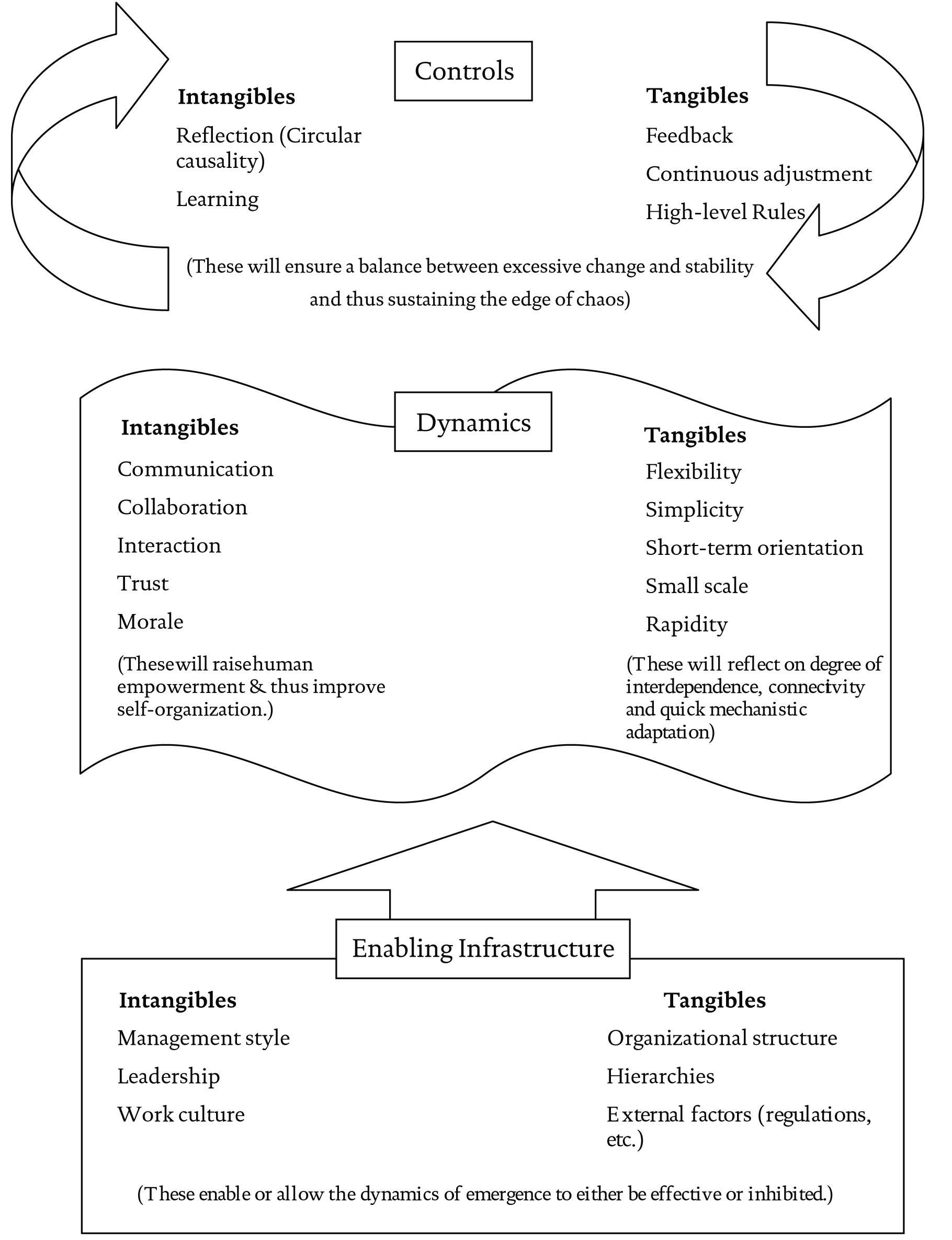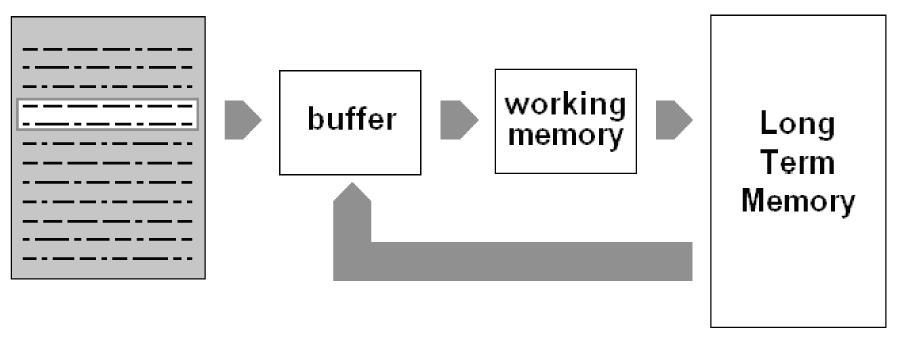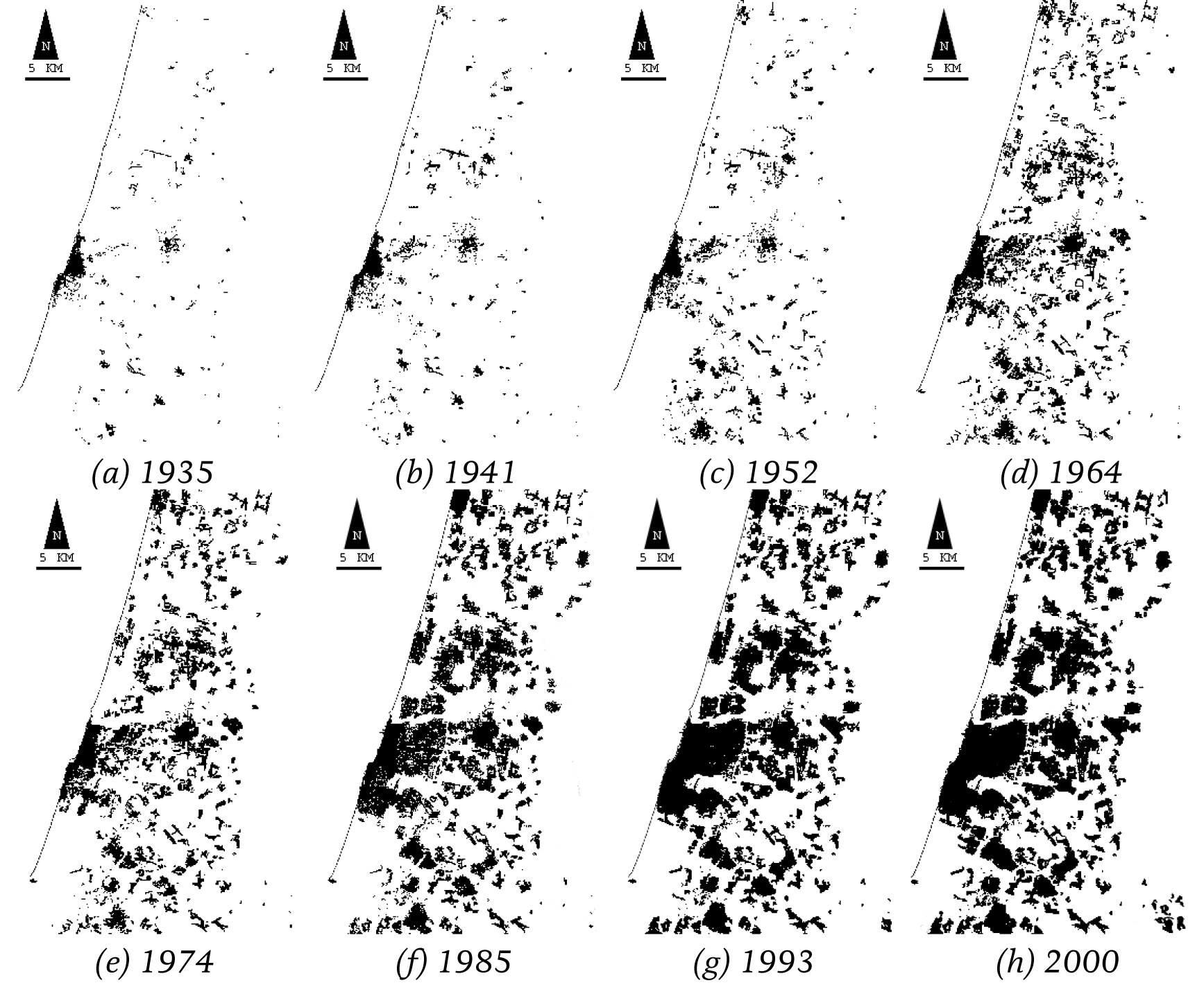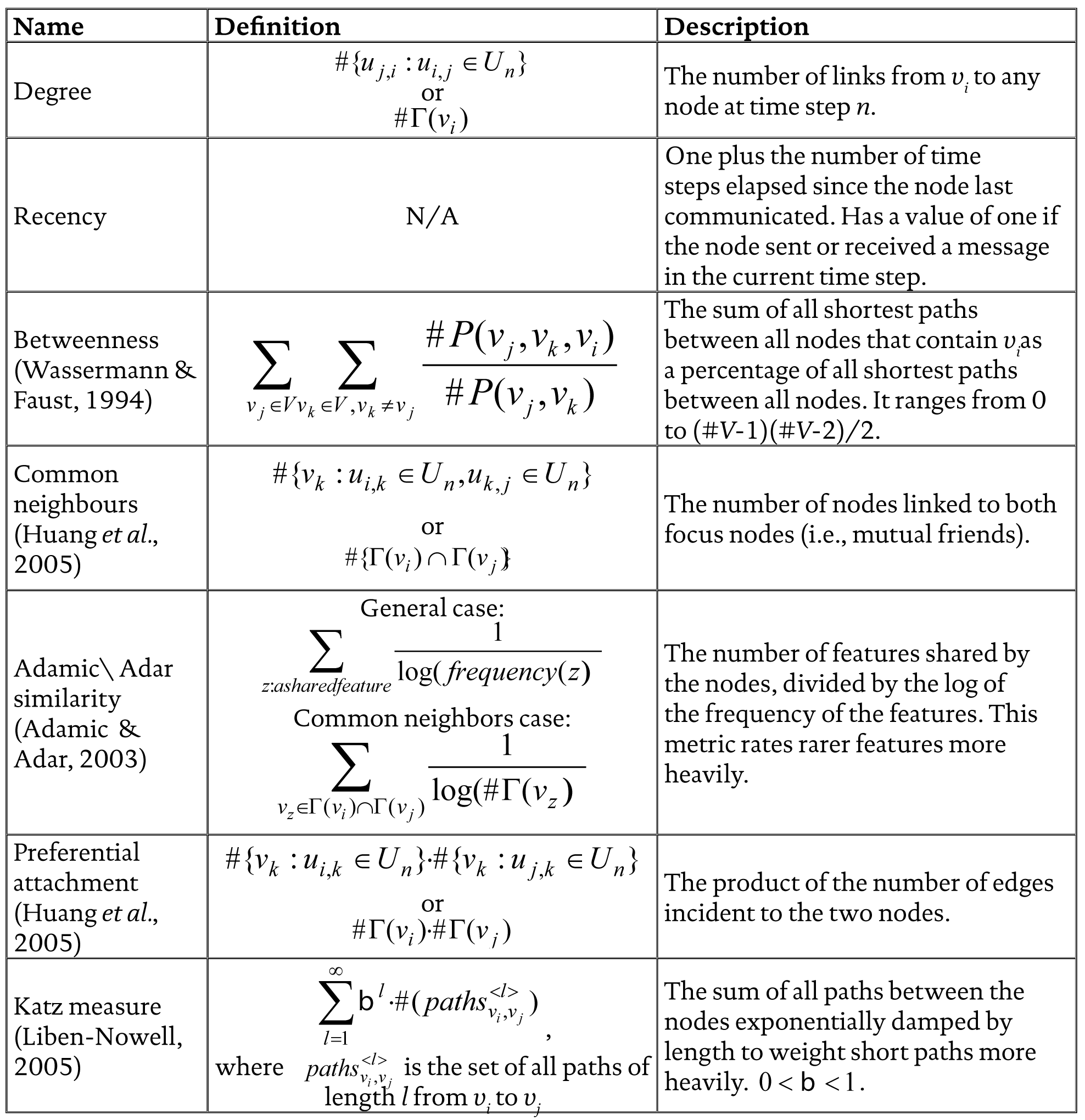Issue Articles
CLASSIC PAPER
An introduction to "Thoughts on organization theory"
No abstract available
Read Article
ACADEMIC
The application of the dimensionality perspective in organization study
Previous research suggests that organizations may apply two opposite complexity mechanisms to cope with environmental uncertainty: absorption and reduction. However, except for some anecdotal evidence, there is no theoretical skeleton established to ... Read More
EDITORIAL
Editorial: Chaos and complexity, branches and trees, and the advantages of vague concepts
No abstract available
Read Article
PRACTITIONER
From traditional knowledge management in hierarchical organizations to a network centric paradigm for a changing world
At the beginning of the 21st century, all organizations need to address the continually changing social and economic landscape in which they operate. In this landscape organizations need to be responsive, flexible and agile and acquire the capability... Read More
with KATE CRAWFORD HELEN HASAN LEONI WARNE HENRY LINGERACADEMIC
Derivation of factors facilitating organizational emergence based on complex adaptive systems and social autopoiesis theories
Modern turbulent business environments are characterized by rapid change that make businesses unpredictable, which brings emergence to the core of modern organizations. Deriving factors facilitating organizational emergence has been undertaken by dra... Read More
PHILOSOPHY
Unpredictability and nonlinearity in complexity theory: A critical appraisal
This piece explores potential problems with the focus on unpredictability and nonlinearity within complexity theory. Whilst not completely rejecting the application of ideas of nonlinearity and unpredictability within the social sciences, I argue tha... Read More
EMERGENCE
A dynamical model for information retrieval and emergence of scale-free clusters in a long term memory network
The classical forms of knowledge representation fail when a strong dynamical interconnection between system and environment comes into play. We propose here a model of information retrieval derived from the Kintsch-Ericsson scheme, based upon a long ... Read More
ACADEMIC
Studying urban development in Tel Aviv, based on its morphology alone
It is possible to understanding the spatial behavior and structure of cities based on urban morphology alone. The units of analysis are urban clusters, defined as contiguous built-up urban areas instead of municipalities defined by politically determ... Read More
with EFRAT BLUMENFELD-LIEBERTHAL RODERICK LATOZA DANIEL CZAMANSKIACADEMIC
Temporality in link prediction: Understanding social complexity
This article describes research into the discovery and modelling of emergent temporal phenomena in social networks. It summarizes experimental results that bring together two views in contemporary science: Bayesian analysis and link prediction, to en... Read More
with ANET POTGIETER RODERICK LATOZA RICHARD COOKE ISAAC OSUNMAKINDEFORUM
Empowerment: Chapter 5 (of 10)—Expectation and nonresistance
No abstract available
Read Article
